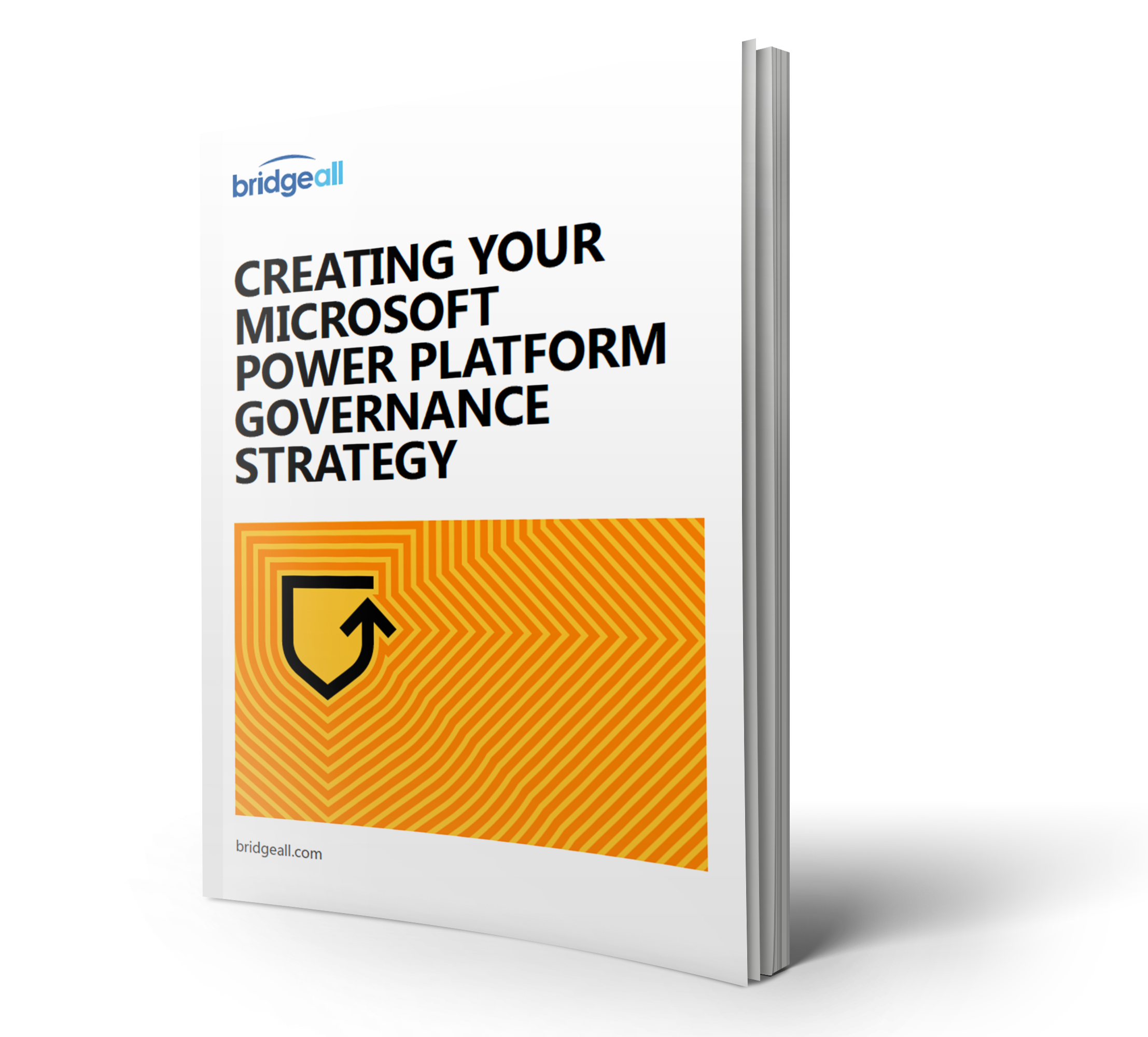The Microsoft Power Platform enables users with little to no experience with coding to build digital solutions. With access to more than 300 data connectors, any solutions made with these components can connect to multiple services from Microsoft or other organisations. While this is a great advantage, with such wide-ranging access comes a fair share of challenges, especially when it comes to governance.
Without proper processes in place your data can become cluttered and difficult for users to work with. Therefore, it’s imperative that organisations using the Power Platform implement a strong data governance strategy to ensure the security of their data, and to be confident these tools are being used appropriately and responsibly. In this article we cover the importance of Power Platform governance in your organisation.
To manage sprawl
One of the most important reasons why your organisation needs governance is the issue of sprawl. Left undealt with, sprawl can negatively impact user adoption, the ability to collaborate on projects and to find the resources they’re looking for, which is why you need to get a handle on things before they get out of control.
Sprawl is the idea that the use of apps and services can multiply to the point where growth is out of control. An accumulation of both sprawl and other resources gather to create an abundance of clutter. The need to de-clutter is essential for organisations that want to reduce costs, increase productivity, and remain agile in an ever-changing world. Without proper rules and governance, it is very easy for documents, SharePoint sites, Spreadsheets and Teams groups to grow and grow until it’s unclear what ones you should be using for what.
Provide guidance to citizen developers
Providing guidance to citizen developers can go further than telling them about your governance model. You need to keep in mind that citizen developers are the business users building components on Power Platform in service of their full-time job functions, but they’re not necessarily full-time working on the platform. They don’t always work in IT. There are real threats in allowing novice programmers, with no formal training and certifications, to build solutions together.
Reduce risk of data and security breaches
In the modern workplace, most users work both in the office as well as remote. Allowing citizen developers access to modify applications on the unknown or public network increases the potential risk of data exposure, exfiltration, and breach. There are excellent tools out there to manage risks or alert an organisation about anything suspicious. Although these tools are great they are unable to identify the application code. This means that by the time your system recognises the issue, it is too late.
Standardisation and control
Citizen developers are often given permissions to make customisations to logins, passwords and user accounts. As the citizen developers aren’t always provided formal guidelines and standardised processes when it comes to handling data of this nature, this can pose huge threats to the business.
If you’d like more information on how to set up your Power Platform governance strategy, contact our team or download our governance guide below.




